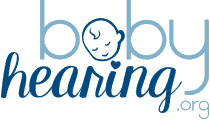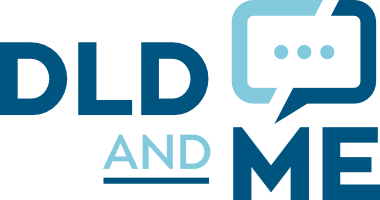Toddler Language Development
As your toddler grows into childhood, language, speech and vocabulary blossoms with each passing day! Boys Town Pediatrics explains toddler language development and how parents can help expand communication skills.
Expanding Language Development
-
Form Simple Sentences. By age 2, a child will begin using simple phrases and will question and understand simple commands. He or she will have around 50 words stored in his or her vocabulary and may start forming two or three words together into sentences. Teach short and simple sentences to your child and don't forget to offer rewards with a smile and response! Your toddler's sentences may include:
- Morning mommy!
- I'm hungry, food please!
- Go potty now!
- Read book please!
- Let's play!
- Night-night daddy!
-
Interact and Play, Read, Talk and Sing. Interacting frequently helps with building language development. Playing, reading, talking and singing with your child are great tools parents can use to teach words and form sentences together. Read out loud and be expressive, sing songs together and broaden vocabulary and sentence flow by having playful conversations. Ask questions, announce when you are going to do something, imitate noises like animal and object sounds and practice counting.
-
Listen, Repeat and Expand. Listen to your child's sounds and repeat them back. These steps can encourage your child's speech and language development. As he or she grows older, start pointing out the words while reading. This is the next step in understanding letters and how words on a page form sounds.
When to Contact a Pediatrician
Every child has a different pace when developing language skills. Some may be a little ahead or behind. It is important to track and monitor your child's development. Your pediatrician will discuss your child's language development at his or her well check child visits.
Speech delays occur for many reasons, including hearing loss and developmental disorders. Depending on the circumstances, your pediatrician may refer your child to a hearing specialist (audiologist) or a speech-language pathologist. If you have any questions or concerns about your toddler's language development, contact your pediatrician.
-
Toddler Language Development
By two years old, most children should have about 50 words. They should be starting to put two words into sentences, sometimes three, but as long as they're getting two words together they are on track.
They should be able to be understood by a stranger about 50% of the time.
Every kid is a different. That's a general idea of where they should be. Some kids are a little ahead of that and they get their two–word sentences at 18 months and in other kids it takes a little longer.
If they're not getting those two-word sentences by age 2 then it's something we just keep an eye on and watch a little bit closer for the next few months.
The best thing you can do to help your child is to read to them. Get out the book and read to them.
Talking to them, using your vocabulary, is teaching them to use vocabulary and you're really working on those language skills by reading through books.
As they get older, start pointing out the words to them, and they'll start to get the whole concept of words on a page and each word has a sound.
Any time that you're worried they 're not hearing you or you feel like they're not interacting the same way as the other kids at daycare or who they are around, I'd bring it up to your pediatrician.
They can do some more screening tests with them to see if they really are behind and how much they are behind.
If they're just a little but behind it may not be something to worry about, but if they're several months behind then it maybe something that they need to go into early intervention for.
Hearing and Language Websites
Boys Town has created in-depth websites to help parents, caregivers, educators and others caring for children who have been newly diagnosed as Deaf or hard-of-hearing and for individuals of all ages with speech-language concerns.


Speech and Language;Child Development
Speech Therapy
